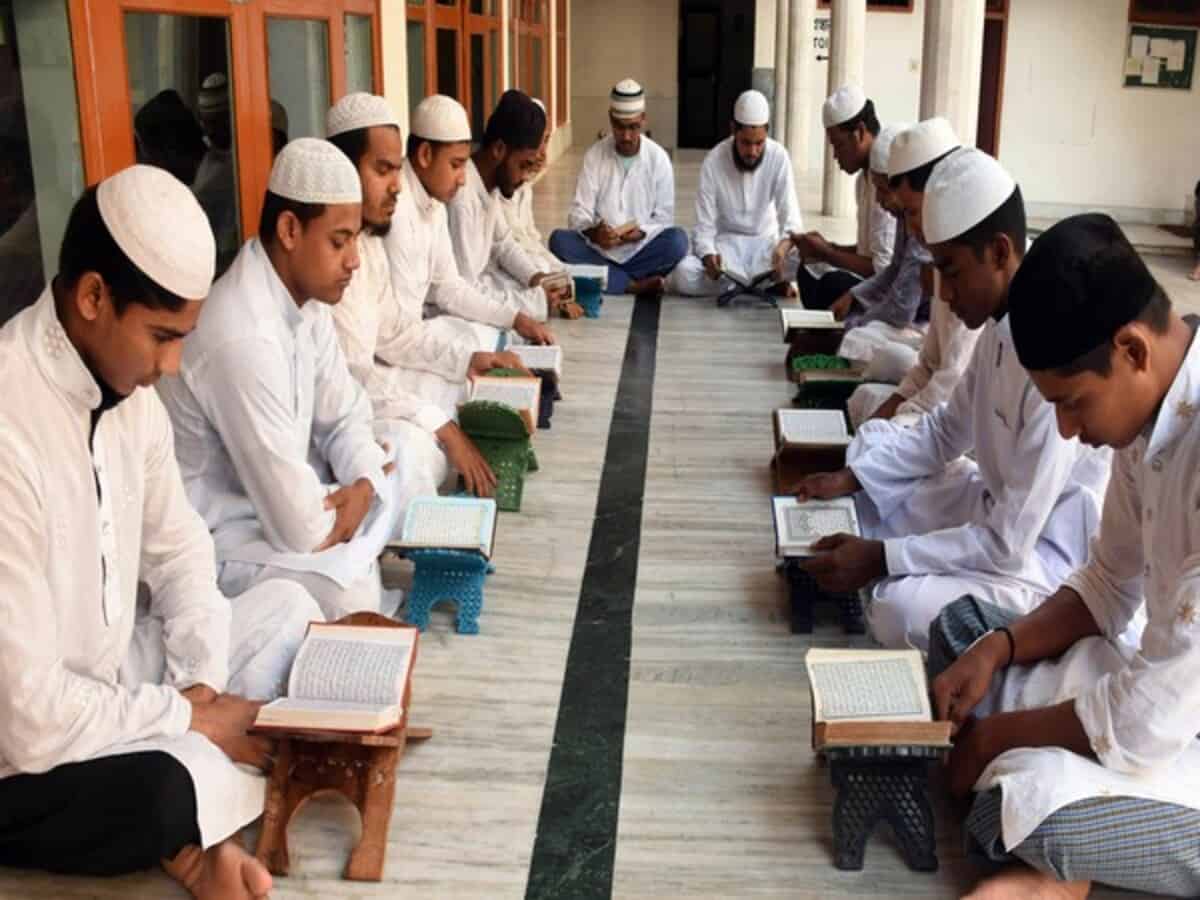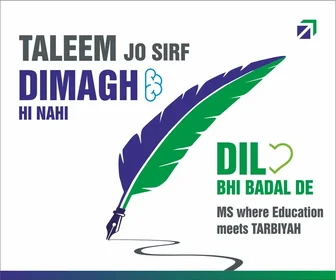
The national vice president of Jamaat-e-Islami Hind, Maulana Waliullah Sayeedi Falahi, has condemned recent actions of the UP government aimed at disrupting the education sector and undermining the status and identity of religious madrassas in Uttar Pradesh.
In a press statement, he criticised recent government measures that compel students from Islamic madrassas to transfer to other schools, arguing that such actions infringe on the constitutional rights of minorities.
Sayeedi Falahi emphasised that Article 30(1) of the Indian Constitution guarantees minorities the right to establish and manage their own educational institutions and that madrassas are entitled to operate independently under the Right of Children to Free and Compulsory Education (RTE) Act.
He also denounced the involvement of the National Commission for Protection of Child Rights (NCPCR) in the affairs of madrassas, labeling it illegal and unconstitutional.
Furthermore, he urged the Uttar Pradesh government to retract its recent circular instructing district authorities to shut down non-approved madrassas and transfer their students to government schools. He pointed out that, as per government data, there are 8,449 such madrassas in the state.
Highlighting the significant contributions of madrassas, Falahi said, “In our country, where millions of people are deprived of basic needs like food, clothing, shelter, education, and public health facilities, Madrassa Arabia provides quality education with free food and accommodation to millions of children.”
UP Madarsa Act scarped
The Allahabad High Court struck down the UP Madarsa Act, 2004, indicating the categorical violation of secularism and failure to provide “quality compulsory education up to the age of 14 years or Class 8, as required.”
A bench led by Justices Vivek Chaudhary and Subhash Vidyarthi stated a breach of “Articles 14, 21 and 21-A of the Indian Constitution and Section 22 of the University Grants Commission Act, 1956.”
The bench noted the Act was not imparting equal education when compared to other regular schools. “Quran and Islam are mandatory from Class 1 to 8, failing which, the student is not promoted. The education being imparted in madarsas is neither ‘quality’ nor ‘universal’ in nature,” the bench observed

